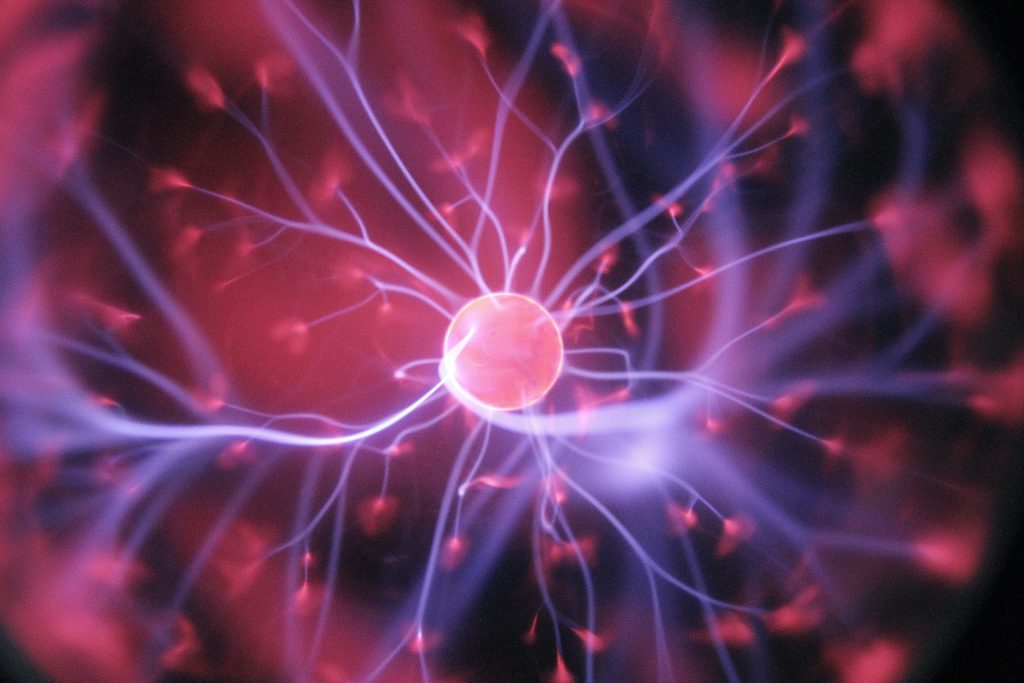
Sex is one of those topics that has a presence in so many aspects of our society – talked about on chat shows and in magazines; joked about at comedy nights and, if you’ve had the pleasure of the British education system, briefly and uncomfortably taught to you. But beyond the physical act, how many people actually understand what’s happening to their body – and their mind – during sex?
Our biological desire to have sex is driven by chemical changes; in men the primary influence comes from the somewhat synonymous testosterone, while in women things are a little more complicated.
Before Sex
Before sex the limbic system in the brain activates. This is the region responsible for physical drives and some aspects of emotional processing, such as innate emotions like fear and aggression, also known as the fight or flight response. Meanwhile, the cerebral cortex, the area responsible for higher reasoning, shuts down. This supports the idea that sex is driven by instinct and emotion rather than rational thought.
During Sex
Neurochemical changes help regulate and pace sex. One of these changes is the release of large amounts of dopamine by the hypothalamus in the brain. Dopamine is associated with feelings of desire, happiness, and satisfaction, and is a key part of the brain’s reward system as it is also released in response to food and drugs. As a result, sex becomes a pleasurable experience that you seek out.
Meanwhile, the body experiences a surge of nitric oxide, increasing blood flow, so you may notice parts of your body flush. In conjunction with dopamine, the levels of epinephrine, the adrenaline hormone, also rise, increasing your pulse, blood pressure and rate of breathing.
Another hormone, oxytocin, increases in our blood plasma with sexual arousal and at orgasm. There is a misconception that oxytocin encourages bonding between partners after orgasm. While oxytocin is associated with positivity, it is thought that another hormone called vasopressin is more likely to result in bonding. However, oxytocin released during sex does have pain-relieving effects, and is why orgasming is sometimes suggested as a cure for a headache.
Levels of serotonin also rise during sex. As serotonin is a neurotransmitter that helps regulate mood and sleep, it can lead to feelings of peace and happiness after sex.
As you approach climax, changes occur in the cerebellum causing muscles to tense up throughout your body. The hypothalamus goes into overdrive and there is a large release of oxytocin, which can suppress cortisol, more commonly known as the stress hormone. As a result, you feel content and relaxed after sex.
After Sex
In the aftermath, levels of prolactin, a protein secreted in the pituitary gland, increase which in turn inhibits the levels of testosterone and oestrogen. At the same time, the levels of dopamine drop and the combination of these two chemical changes may result in a feeling of post-sex sadness.
Other post-sex behaviours can be explained by changes in vasopressin, another hormone produced in the hypothalamus, which in women might encourage feelings of sex as an emotional activity and promote bonding. In men, it has a more marked effect, significantly promoting sleepiness, suggesting a biological basis for the stereotype of men immediately rolling over and falling asleep.
